From a small beginning…
In 2014, Anjali outgrew its old space and moved to a new location to accommodate more students. The new site was a former crocodile farm, offering more spaces for classrooms and staff offices. Behind the building was an untouched acre of wasteland which no one paid any attention to. However, two years later, Anjali welcomed a new long term volunteer, Annie, who decided to fundraise to turn this area into a productive space.
From this wild land, our organic garden became a place where winter melon, eggplant, herbs, morning glory and many more plants could flourish. We created a beautiful, sustainable, organic garden that helped feed 120 children every day for four years. Thanks to one of our sponsors, Green Shoots, an agricultural company called CIDO provided a 10 week course of organic lessons for our young adults, and trained them to pass on their knowledge to younger students.
Because of these successes, and seeing how much our students benefited from the garden, we decided to include gardening classes in the Anjali curriculum. Over the years, we have made many changes and improved our gardening techniques. Our former little jungle is now a successful educational garden.
… Toward a sustainable and eco-friendly garden!
Our focus at Anjali House is nurturing curiosity and knowledge in our students to prepare them for academic and career success. Our garden serves as a vital platform for fostering a love of learning and exploration.
Weekly gardening classes are integral for every age group, offering lessons on plant care and cultivation. Children actively participate in watering, weeding, and harvesting, acquiring skills that pave the way for future food cultivation. Taught exclusively in English, these classes seamlessly integrate with our curriculum, enhancing students’ language proficiency.
Encouraging greater responsibility, our young adults oversee garden sections and assist in teaching younger peers, instilling vital qualities like leadership, teamwork, and accountability. Witnessing seeds they’ve planted grow fuels their enthusiasm for the garden.
We’re committed to achieving environmental and financial sustainability. Employing ecological practices, we produce organic compost, fertilizers, and pesticides using leftover food, garden waste, and local coffee grounds. Our garden embraces minimal plastic use, repurposing water bottles as seeding beds.
In pursuit of financial stability, we grow sponges transforming into eco-friendly loofahs. These replace synthetic sponges for cleaning and are also sold to eco-conscious businesses in Siem Reap, contributing to our self-sufficiency. Repurposing parts of the garden for organic herbs and vegetables, we partner with local cafes and restaurants, reinvesting profits back into sustaining our garden’s growth.
In the future…
Over the past four years, our garden has evolved in many ways. Despite our successes, we still have much work to do to keep it sustainable and meaningful for our educational program. While the profits from selling our products can support our basic maintenance and activities, they are not enough to make future improvements.
With more support, we hope to add raised beds that will protect our plants from flooding during the rainy season. The raised beds require expensive treated timber. We would also like to plant more banana trees, which would be very profitable in the future, buy good soil to improve the quality of some areas in the garden, and invest in new tools that will make the garden more productive and make it easier for our students to be involved. Thanks to supporters like you, this wonderful place can continue to exist and become an even more wonderful educational tool for our students.
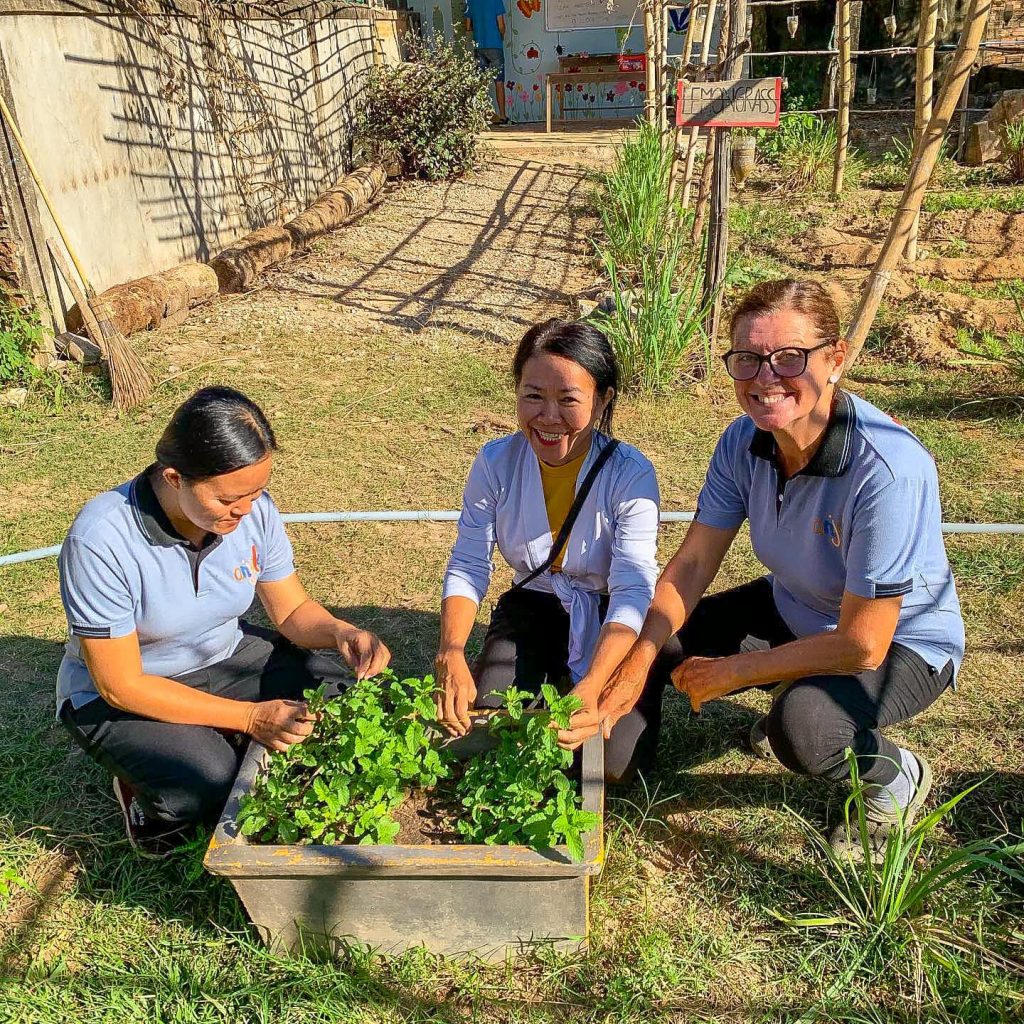
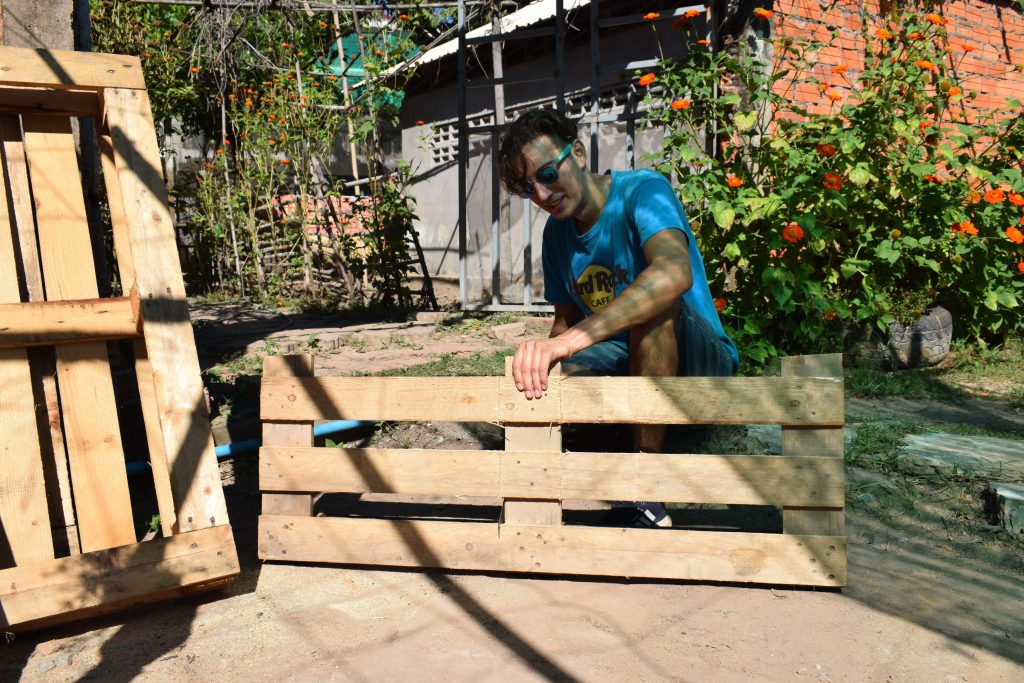
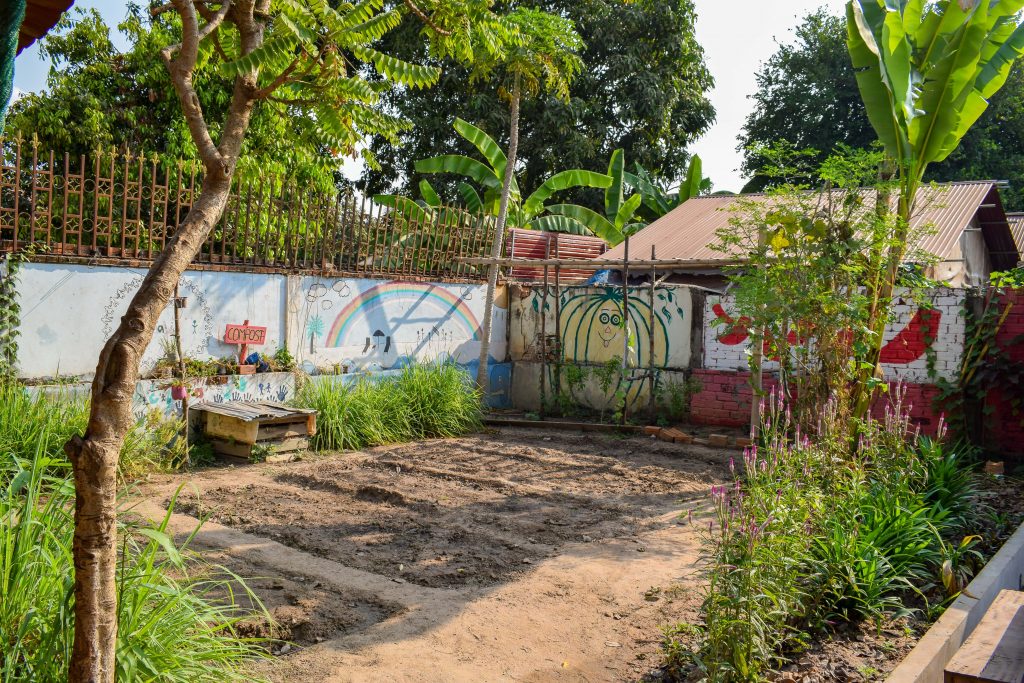
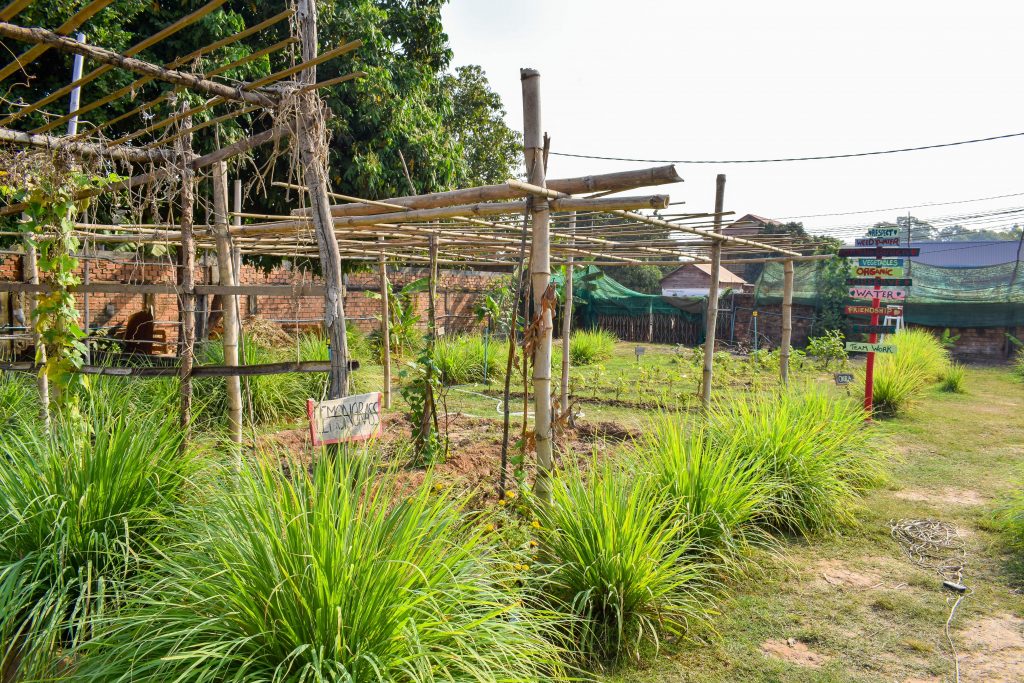
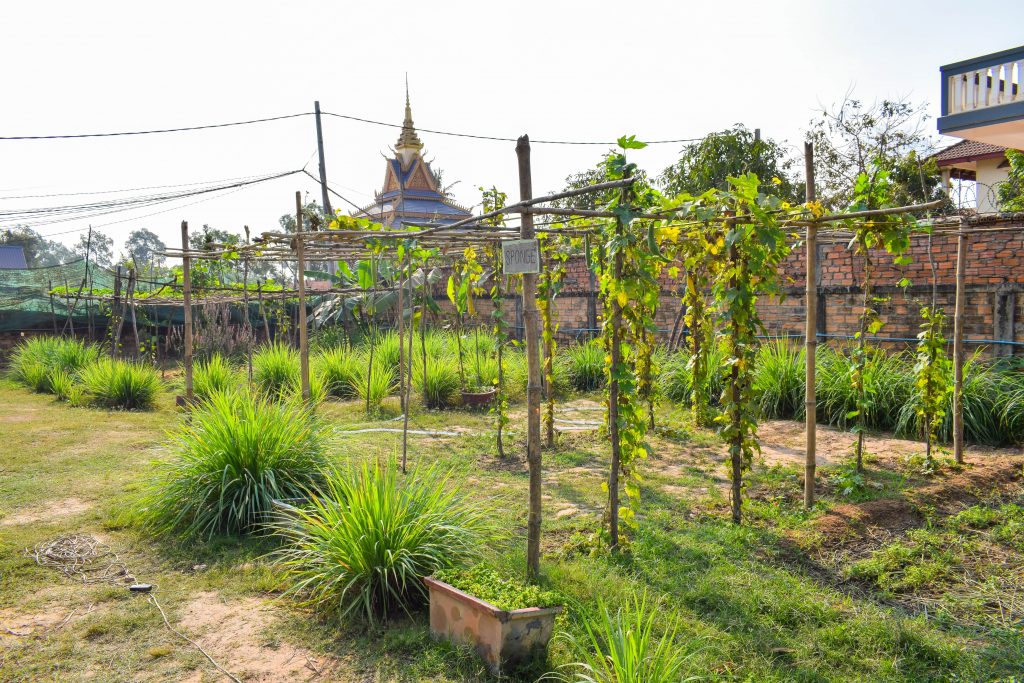
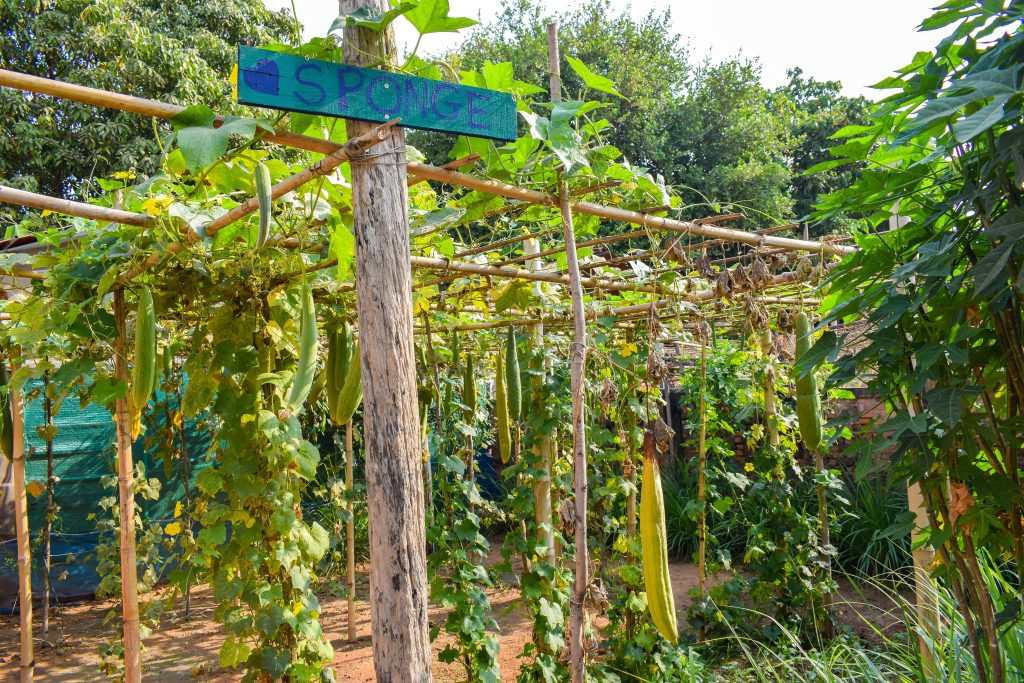
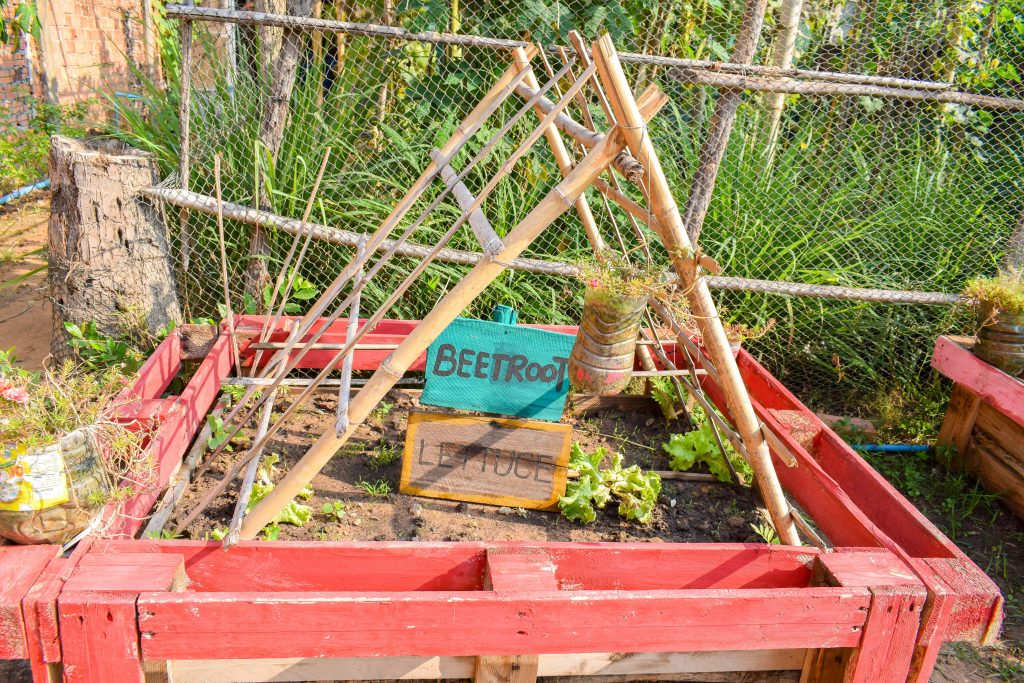
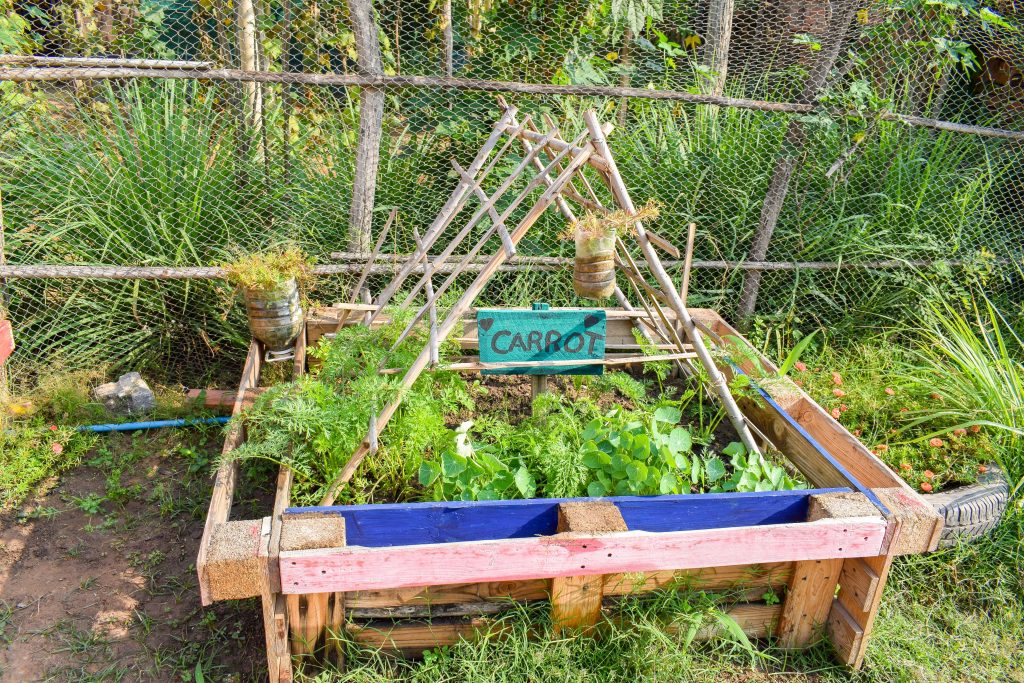
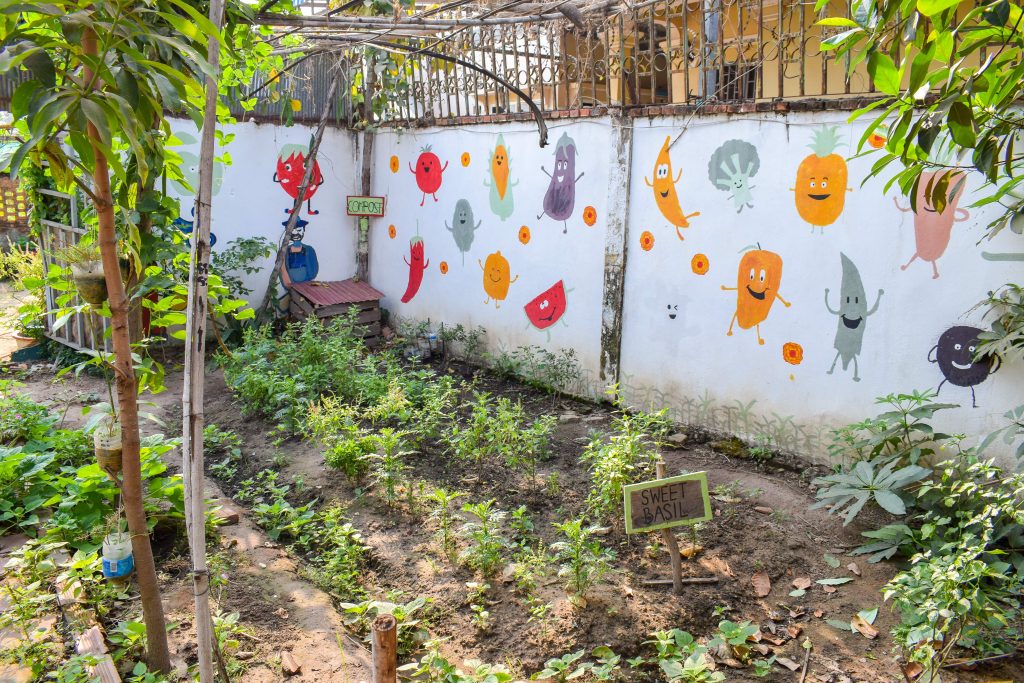
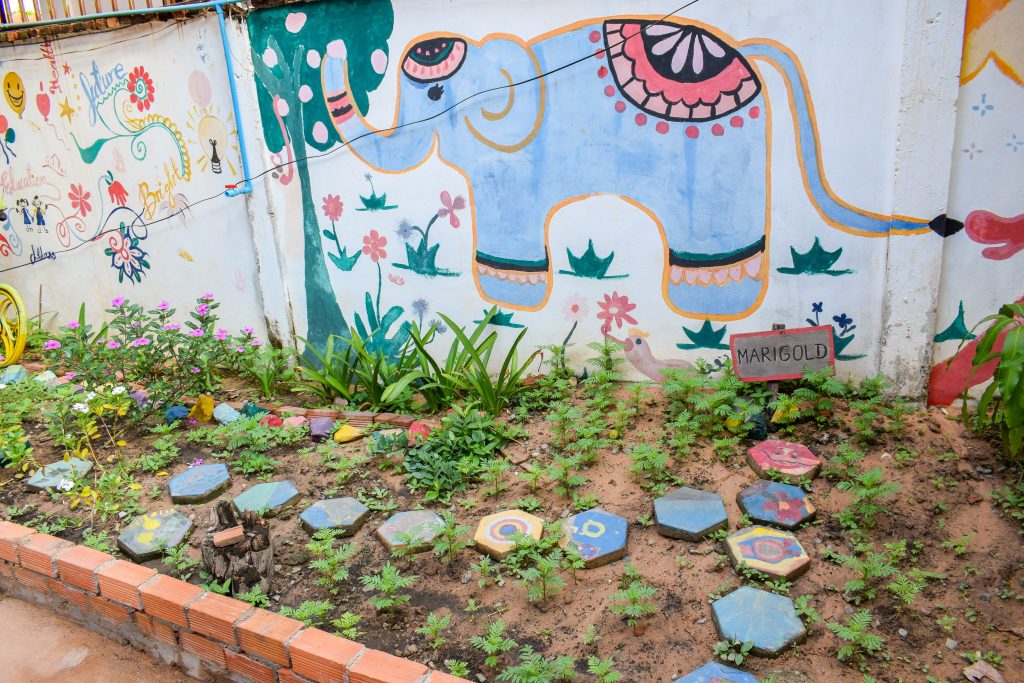
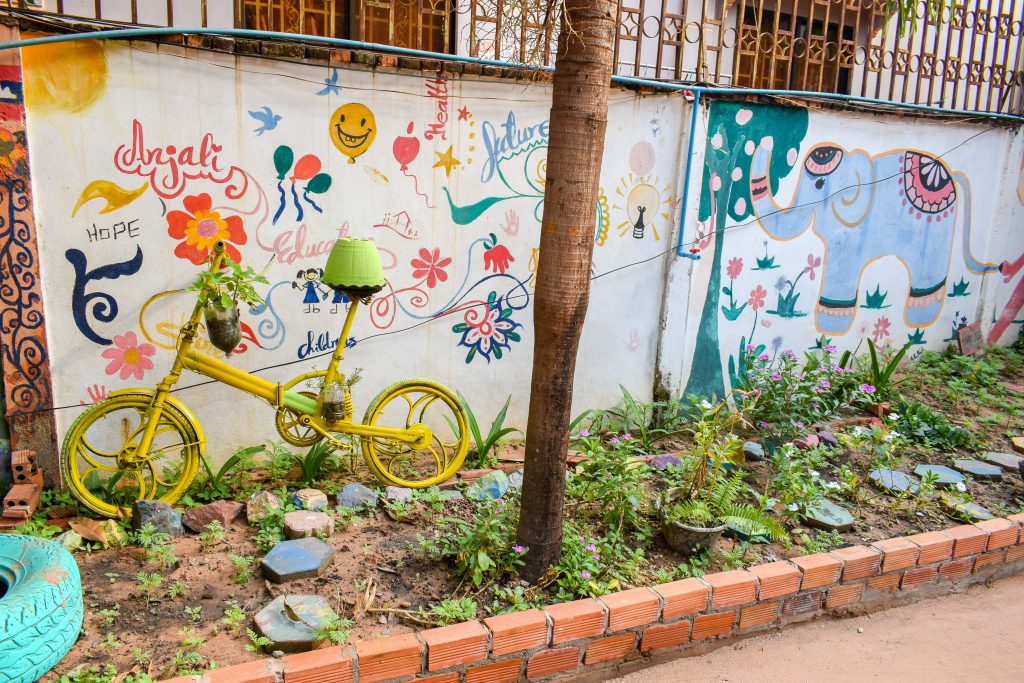
Join us in making a difference, donate now: https://anjali-house.com/donate/
Interested in more detail about our programs? https://anjalihouse.opte.io/role-of-creativity-in-education/
Follow us on social medias
- Facebook: https://www.facebook.com/AnjaliHouse
- Instagram: https://www.instagram.com/anjali_house/
